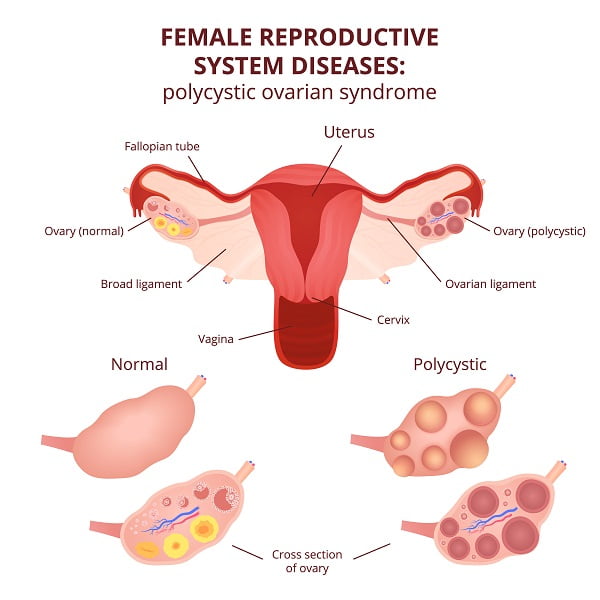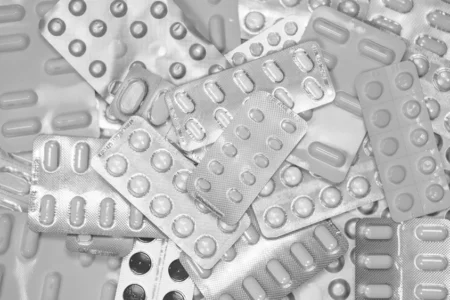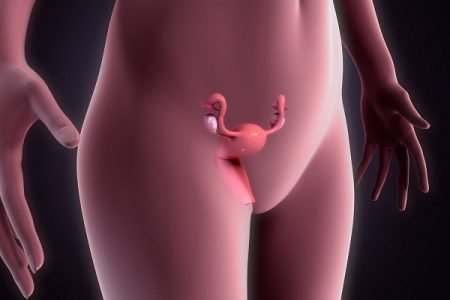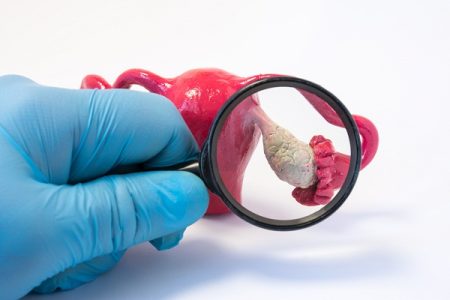What Is PCOS (Polycystic Ovary Syndrome)?
- Updated on: Jun 4, 2024
- 3 min Read
- Published on Sep 27, 2019

PCOS Definition
Polycystic ovary syndrome (PCOS) is a common hormonal disorder among women. It is an endocrine disorder among women between the ages of 18-44 years. About 2-20% of women of reproductive age are reported to affect by this disease. It is one of the leading causes of infertility in women.
Polycystic ovary syndrome affects a woman’s ovaries- the reproductive organs that produce hormones which regulate the menstrual cycle (estrogen and progesterone). The ovaries also produce a small amount of male hormones called androgens.

How do you get PCOS?
The ovaries in women suffering from polycystic ovary syndrome contain a large number of follicles, approximately 0.3 inches in diameter in size. The follicles are under-developed sacs in which eggs develop. In PCOS, these sacs are unable to release eggs.
This means ovulation doesn’t take place. Following are the other symptoms related to PCOS:
- inability to conceive (infertility)
- small fluid-filled cysts in ovaries
Symptoms of PCOS
Women with this condition have irregular and prolonged menstrual periods. Moreover, high level of male hormone, androgen is also reported in females suffering from PCOS.
There are many long-term side effects associated with this disease such as type 2 diabetes, obesity and heart complications.
Polycystic ovary syndrome shows a set of symptoms because of the elevated level of male hormone (androgen) in women such as heavy periods, acne, pain in the pelvic region and thick-patchy skin. PCOS also causes facial and body hair growth and baldness. Irregular menstrual cycles and lack of ovulation causes the lining of the uterus to not shed as often as it should do. If the condition is left untreated, it may increase the risk of developing uterine lining cancer (endometrium).
Women suffering from PCOS find it difficult to conceive. In addition, it is a metabolic problem that affects several body systems.
PCOS gives a set of symptoms which are related to hormonal imbalance which usually has following three conditions:
- absence of ovulation (leading to irregular menstrual periods or no periods)
- high levels of androgens (a male hormone) or signs of high androgens (having excess body or facial hair)
- cysts (fluid-filled sacs) on one or both ovaries
Some women diagnosed with PCOS show first two conditions listed above but do not have the cyst in their ovaries. Cysts can be detected with the help of ultrasound. However, many other complications may produce similar symptoms like adrenal hyperplasia, hypothyroidism, and hyperprolactinemia.
What causes PCOS and what are its complications?
The exact reason for developing PCOS is not known but a combination of genetic and environmental factors is said to trigger it. Obesity, inactiveness and family history of PCOS can be some of the triggering factors. Some conditions related to PCOS are very serious. Women with PCOS are at higher risk of other complications like:
- obstructive sleep apnea (disorder that causes pauses in breathing during sleep)
- metabolic syndrome
- type 2 diabetes
- obesity
- cardiovascular disease
- high blood pressure
- mood disorders
- excessive thickening of endometrium (endometrial hyperplasia)
- endometrial cancer
Read more about causes of polycystic ovary syndrome.
In addition to above-mentioned risk factors, women with PCOS have decreased sensitivity to insulin. Insulin is the hormone generated in your body which is responsible for regulating glucose (sugar) in the blood. This condition is known as insulin resistance.
Early diagnosis and treatment followed with weight loss can help. There is no reported cure for PCOS. The treatment involves changes in lifestyle including weight loss and exercise. Birth control pills can also help in maintaining regularity of periods. Metformin and anti-androgen medicines available commercially are also beneficial.












